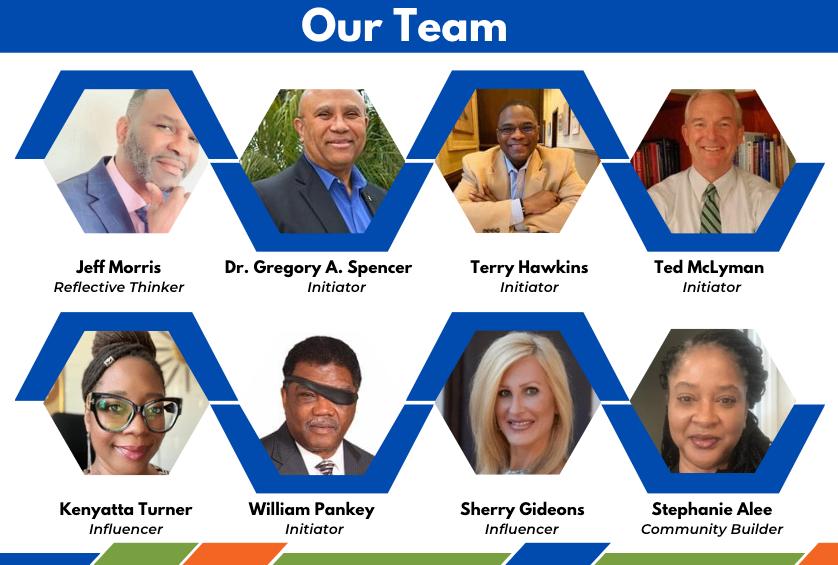
1 minute read
Music Therapy: How Listening to and Creating Music Can Improve Mental Health
BY DR. RENEE SUNDAY
Music has been an important part of human culture for thousands of years It has the power to bring people together, evoke emotions, and even heal In recent years, the field of music therapy has gained more attention for its ability to improve mental health.
WHAT IS MUSIC THERAPY?
Music therapy is a clinical approach that uses music to address physical, emotional, cognitive, and social needs. It involves the use of music interventions, such as listening to music, singing, and creating music, to improve the health and wellbeing of individuals. Music therapists are trained professionals who work with clients of all ages to achieve therapeutic goals.
How Music Therapy Can Improve Mental Health
Music therapy can benefit individuals with various mental health conditions, including depression, anxiety, and posttraumatic stress disorder (PTSD)
Here are some ways music therapy can improve mental health:
Reduce Stress And Anxiety
Listening to music can have a calming effect on the body and mind. It can reduce cortisol levels, a hormone that is associated with stress, and increase the production of dopamine, a neurotransmitter that is associated with pleasure and relaxation Music therapy can also involve breathing exercises, visualization, and other relaxation techniques to help individuals manage their stress and anxiety
IMPROVE MOOD
Music has the power to evoke emotions and memories
Listening to uplifting music can boost mood and increase feelings of happiness and contentment
Creating music can also be a form of selfexpression and a way to process emotions
Improve Mood
Music has the power to evoke emotions and memories
Listening to uplifting music can boost mood and increase feelings of happiness and contentment
Creating music can also be a form of selfexpression and a way to process emotions
PROVIDE A SENSE OF CONNECTION
Music can bring people together and provide a sense of connection Group music therapy sessions can help individuals build relationships, improve communication skills, and enhance social support
In Conclusion
Music therapy is a valuable tool for improving mental health. Whether it's listening to music, singing, or creating music, there are many ways that music can benefit individuals with mental health conditions. If you or someone you know is struggling with a mental health condition, consider exploring music therapy as a complementary approach to treatment
READY TO UNLOCK YOUR INNER POTENTIAL? OUR BEHAVIORAL SUPERPOWERS DISCOVERY EXERCISE IS SCIENTIFICALLY VALIDATED TO HELP YOU UNCOVER WHO YOU TRULY ARE AND REVEAL LIFE-CHANGING INSIGHTS. AS A CERTIFIED COACH, YOU CAN EVEN GET THE TOOLS AND SKILLS NEEDED TO HELP OTHERS DO THE SAME. VISIT US NOW AND MEET OUR TEAM. UNLEASH THE POWER WITHIN YOU!












